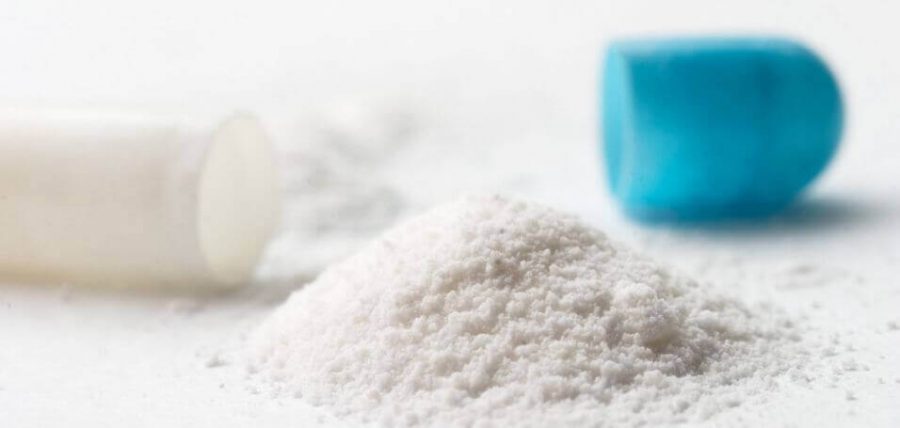Creatine; Good, Bad, or Ugly?
Creatine is a supplement that is known or even used by tons of athletes; made in the human body’s liver, kidney, and can also be found in meats and fish. Creatine can be consumed in a pill form or as a liquid. It is stored in muscles to help produce energy for the body, called ATP. It is an organic supplement that the muscle cells use during any physical or strenuous activities. Resources like The Mayo Clinic do not give any reason for creatine to be a negative supplement in any way. It even gives more examples of what creatine has been used for such as treatments for chronic heart failure and mitochondrial disorders. The University of Maryland Medical Center also has positive side effects from uses of creatine for things such as heart disease, cancer, Parkinson’s disease, and many more.
There is a debate on whether creatine should be allowed for athletes to consume or not. According to The University of Maryland Medical Center, all of their research has only been done in labs and not on any athlete or anyone being physically active, but the research does show that consuming creatine can help the body increase muscle production and help fuel during exercise. So most can conclude that taking creatine may have an advantage for an athlete and their ability to perform their sport, but there is not enough research to prove or disprove that statement.
When talking to Sopi Sanchez, a senior at Alliance High school who competes in crossfit competitions she explained
“ I did use creatine for a few months following my workouts because I was no longer able to continue conventional recovery supplements (i.g. Protein powder). I used creatine until I found an allergen-free protein powder, then stopped because there is really no evidence as to what effects its long term usage have on the body. I didn’t use what was recommended; I used much less than the serving size. It makes you feel like a superhero. You don’t get tired and your muscles can truly withstand anything. Also, even if I didn’t have allergies, I don’t think I would have kept using creatine because to doesn’t feel like you are the one doing the exercising. It felt like I was cheating in a way, even though a lot of people in Crossfit/ Olympic weightlifting use creatine and other supplements on a daily basis. Now, I drink a pea protein shake and a multivitamin everyday.”
Personally, because I am an athlete, until they can prove any true reason that creatine is unfair to be consumed by athletes, I do not see a reason for it to become illegal. I can only speak for myself, but because I have participated in multiple different sports, including volleyball, cross-country, and tennis, I feel like all athletes do is beat their bodies down. Taking a supplement that our body already produces and that we can find in meat is not unfair or gives anyone any disadvantages not taking creatine compared to an athlete who does consume creatine. I think it is extremely important the way athletes take care if their bodies and from all the research, I feel like creatine could benefit athletes and the way it works during their sport.
With the lack of research, I can see why there is controversy if athletes should or should not be allowed to consume creatine, but because it is not a drug and the human body produces its own creatine, I do not see why it would be unfair for an athlete to consume.

Hi, my name is McKenna Romick I am now going into my fourth year of high school and my third year being a writer for The SPUD. The spring of my sophomore...











